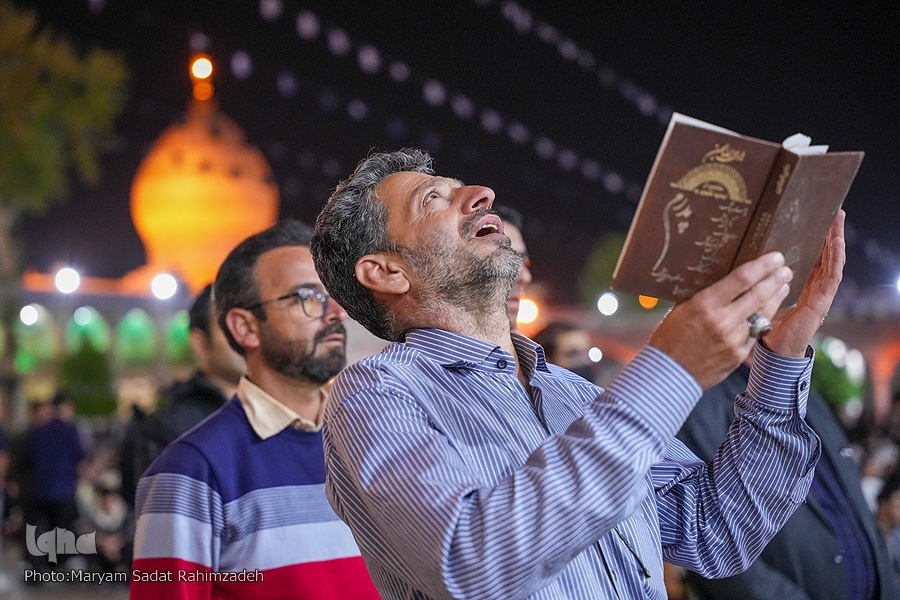Asking for God’s Help in Doing Good Deeds

We are arriving at the final days and nights of the blessed month of Ramadan and are preparing ourselves for a great Eid. Now, it is time to reach higher levels of piety and faith and start carrying out recommended and non-obligatory acts so as to get closer to God Almighty.
In the supplication dedicated to day 28 of the blessed month of Ramadan, we read: “O Allah, on this day, grant me a share in its nawafil (recommended prayers), honor me by attending to my problems, make closer the means to approach You, from all the means, O One who is not preoccupied with the requests of the beseechers.”
Every good and preferable (Mustahab) act that is not compulsory is called Nafl.
Implementing these optional acts shows the passion of individuals for doing righteous deeds.
Allah Almighty is known as One who fulfills the needs of his servants and this is due to His limitless mercy. An individual who makes a request from God should know that Allah is the only entity in the universe that has no needs and that all creatures are in need of Him. It is only He that can answer to the needs of His creations.
In the Holy Quran, we read: “Believers, have fear of Allah and seek the means by which you come to Him. Struggle in His Way in order that you are prosperous.” (Surah Al-Ma'idah, verse 35)
The verse urges people to do three things in order to be prosperous: 1) have fear of God (Taqwa) 2) select a means to get closer to God, and 3) make efforts on the path of Allah.
Believers should be in pursuit of every means that can bring them closer to Allah Almighty. Several such means have been mentioned in the narrations; these include obeying God, implementing His orders, and reading the Quran.
This article was derived from a book written in Persian by Hojat-ol-Islam Ruhollah Bidram.


